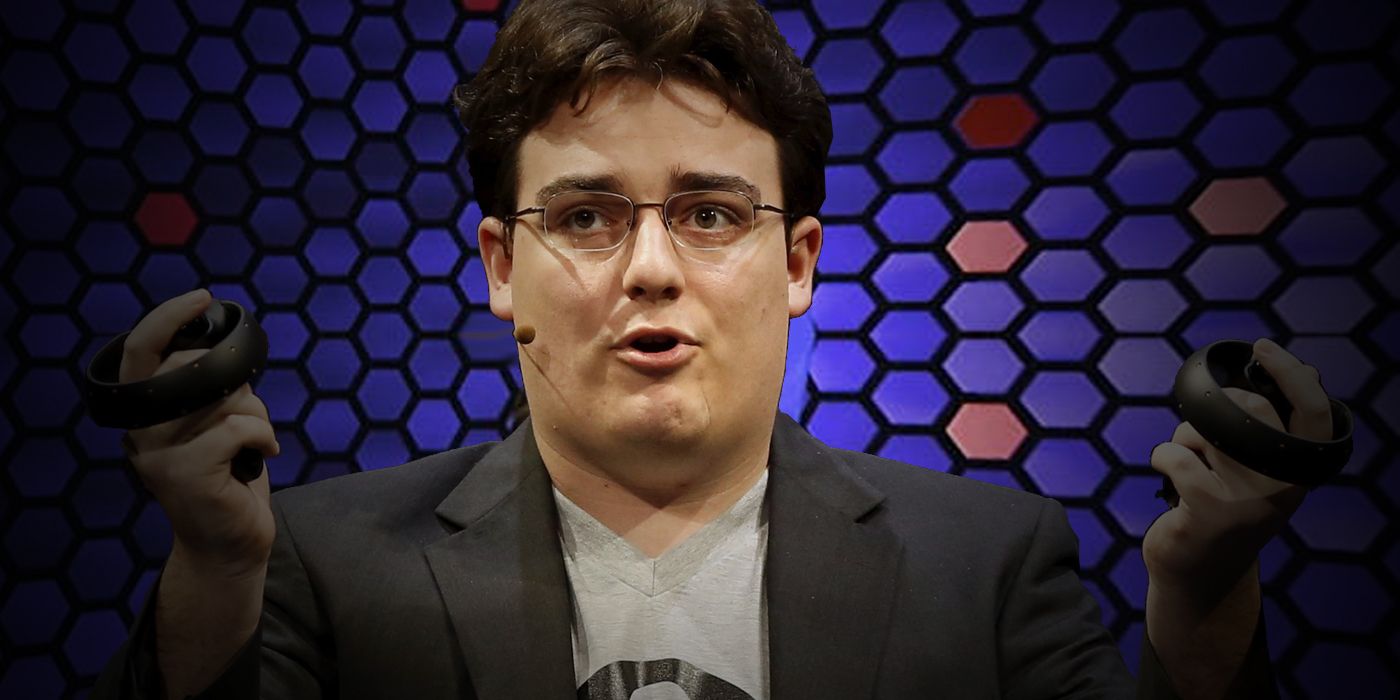Virtual reality is one of those technologies, much like 3D, that has periodically resurfaced over the years, and occasionally been touted as a potential game-changer for the movie industry. The most recent era for virtual reality has seen wearable headsets from the likes of Samsung and HTC, but the major one, for the last several years, has been the Oculus Rift.
The Oculus Rift, from the company called Oculus VR, got its start as a Kickstarter campaign in 2012, which sufficiently impressed VR enthusiasts and raised $2.5 million. Prototype versions popped up at electronics shows over the subsequent couple of years, winning the coveted Best in Show award at the International Consumer Electronics Show in January 2014. Then, two months later, Facebook purchased Oculus for $2 billion, marking the social networking giant's first entry into the consumer electronics industry. The Oculus Rift was finally released in the spring of 2016.
This week, Oculus announced that the company’s founder and the inventor of the technology, Palmer Luckey, is leaving. According to industry website UploadVR, Facebook did not comment as to the exact reason for Luckey’s departure. However, the Oculus division did issue a statement:
“Palmer will be dearly missed. Palmer’s legacy extends far beyond Oculus. His inventive spirit helped kickstart the modern VR revolution and helped build an industry. We’re thankful for everything he did for Oculus and VR, and we wish him all the best.”
Luckey had been somewhat of a recluse for much of the last six months, avoiding social media and public appearances, likely as a result of a series of controversies. There was a lawsuit in which another firm, ZeniMax, sued Facebook and Oculus for intellectual property theft; the jury found that Luckey had failed to comply with a non-disclosure agreement and was ordered, along with a partner, to pay $500 million. Then came a bizarre episode when The Daily Beast discovered that Luckey had been funding a scheme in which internet users were paid to create anti-Hillary Clinton memes during the 2016 election.
The Oculus Rift is in many ways an impressive product that has sold a fair amount of units and drawn a vocal group of enthusiasts, especially among gamers. But what it hasn’t done is break through in the larger culture in any meaningful way. It hasn’t revolutionized film distribution; there’s been no mainstream breakthrough in Oculus-based VR content, either. Which doesn't mean it won't happen one day, especially once the price drops.
As for Luckey, even without his job at Oculus, he still got a share of that $2 billion sale, so chances are he’ll be all right.
Next: 2 New Xbox Console Models & VR Support Coming Soon?
Source: UploadVR


